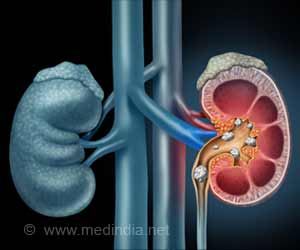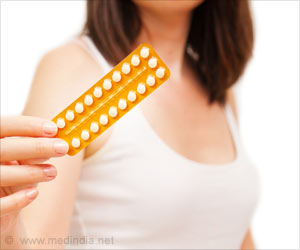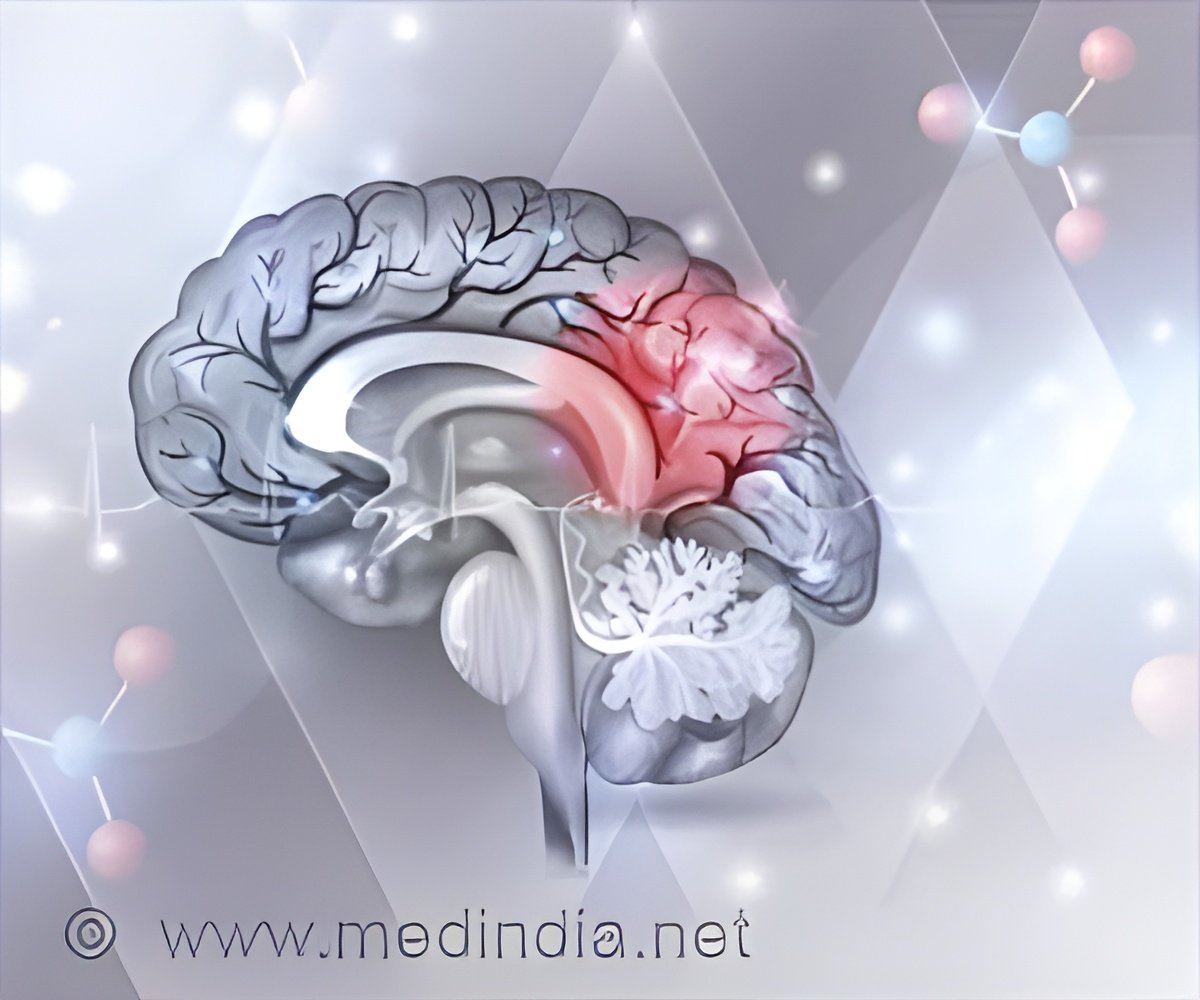“As people are living longer than ever, it’s crucial we find ways to slow or halt kidney ageing. Our findings suggest lithium may indeed have significant potential to do just that, reducing the burden of renal disease,” Gong added.
Even in the absence of any identifiable kidney disease, the organ’s function tends to decline as people age, by as much as 50 per cent, increasing elderly patient’s risk of developing kidney failure and complicating treatment of other medical conditions.
In the study, the team first demonstrated that knocking out the gene responsible for producing GSK3-beta slowed kidney ageing and preserved kidney function in animal models.
The results very clearly showed low-dose lithium attenuates kidney ageing in mice.
Further, the researchers also reviewed a group of psychiatric patients to assess their kidney health.
Laboratory tests showed individuals who had received long-term treatment with lithium carbonate had better functioning kidneys than those who had not received lithium treatments, despite comparable age and comorbidities.
Though inexpensive and widely available, Gong said lithium has developed a bit of a bad reputation because of its potential toxicity – including to the kidneys – in high doses.
“But you only need a really small dose to produce the anti-ageing effect in other organs,” Gong said.
Source: IANS



